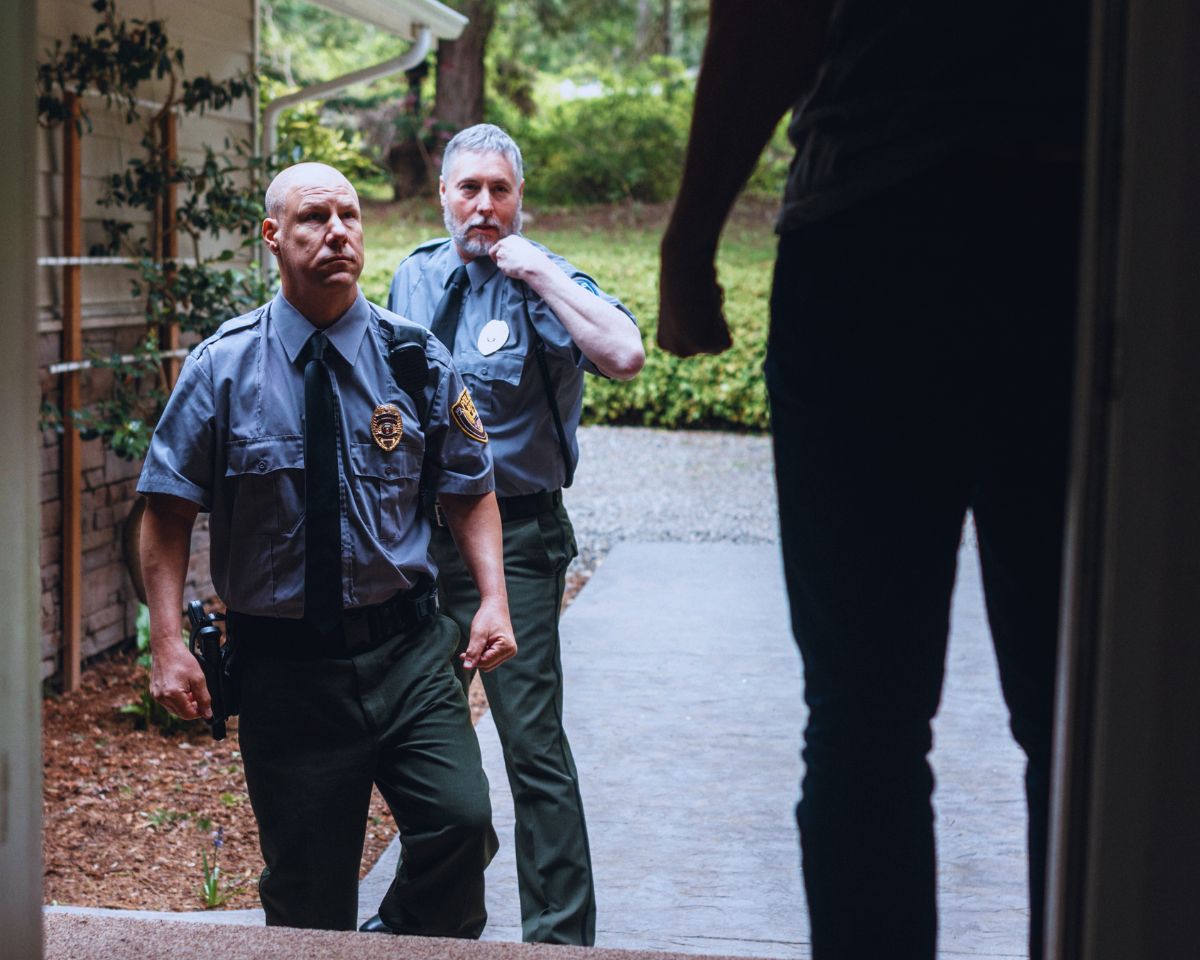When law enforcement investigates drug offenses, one of the most critical steps is the search and seizure process. Whether it’s searching a home, vehicle, or person, the rules governing these searches are designed to protect individual rights while allowing police to gather evidence. Unfortunately, misunderstandings and abuses of these rules happen frequently, leading to unlawful searches that can jeopardize a case or violate constitutional protections.
If you or someone you know is facing a drug-related investigation, knowing what police can and can’t do during searches and seizures is essential. This comprehensive guide will walk you through the basics of search and seizure law in drug cases, explain your rights, and show you how to respond if you believe those rights have been violated.
What Is Search and Seizure?
Search and seizure refer to the legal process where police look for and confiscate evidence related to criminal activity. In drug cases, this often involves searching for illegal substances or drug paraphernalia. However, the Fourth Amendment to the U.S. Constitution protects individuals from unreasonable searches and seizures, requiring law enforcement to have probable cause or proper authorization to conduct most searches.
Why Are Search and Seizure Rules Important in Drug Cases?
Because drug offenses involve possession or trafficking of illegal substances, evidence must be carefully obtained to be admissible in court. Police misconduct during searches—such as searching without a warrant or probable cause—can lead to evidence being excluded, weakening the prosecution’s case and safeguarding your rights.
When Can Police Search You or Your Property in Drug Cases?
Police can legally conduct searches in a few key circumstances. They may have a search warrant issued by a judge based on probable cause, which must specify the location and items to be searched and seized. Alternatively, they may ask for your consent to search. This consent must be voluntary and free from coercion, and you always have the right to refuse.
Police can also conduct searches incident to a lawful arrest to ensure officer safety or prevent destruction of evidence, though these searches are limited to the person arrested and their immediate surroundings. Exigent circumstances, such as the imminent destruction of evidence or an emergency situation, can also justify warrantless searches.
When it comes to vehicles, police may search without a warrant if they have probable cause to believe illegal drugs or contraband are inside, under what’s called the automobile exception. Finally, during brief stops (Terry stops), police may perform a limited frisk if they reasonably suspect a person is armed and dangerous, though this is not a full search.
What Can Police NOT Do During a Search in Drug Cases?
There are clear limits to police authority during searches. Officers cannot conduct a search without probable cause, a warrant, or your voluntary consent. Consent must never be obtained through threats or coercion. Searches must also stay within the scope of a warrant; for example, if a warrant authorizes searching for drugs, police cannot rummage through unrelated personal items.
Police are required to get a warrant to search cell phones, even during arrests, as the Supreme Court has ruled digital data deserves special protection. They also must knock and announce their presence before entering a home, unless there’s a serious risk that announcing would be dangerous or could lead to evidence destruction.
Vehicle searches without probable cause or consent are unlawful. If police exceed these legal boundaries, the search may be deemed illegal, and any evidence found may be suppressed in court.
What Happens If Police Violate Search and Seizure Laws in Drug Cases?
When police violate search and seizure laws, the evidence they find may be excluded from trial under the exclusionary rule. This can significantly weaken or even end the prosecution’s case against you. To challenge unlawful searches, you’ll need the expertise of a criminal defense attorney who can file motions to suppress evidence and protect your constitutional rights.
Tips for Protecting Your Rights in Drug-Related Searches
Understanding your rights and how to assert them calmly and clearly is crucial. You always have the right to refuse a search if police don’t have a warrant or probable cause. Politely but firmly saying, “I do not consent to a search,” can help protect your rights.
Stay calm and avoid physical resistance or confrontations. If you’re unsure whether you’re free to leave, ask politely. Document details of the encounter when possible, such as officer names and badge numbers. Most importantly, seek legal advice immediately if you’re arrested or searched in connection with a drug case.
Conclusion
Search and seizure laws in drug cases strike a delicate balance between law enforcement’s need to investigate crimes and the protection of individual rights. Police must follow strict legal procedures when searching and seizing evidence. Knowing what they can and cannot do helps you protect your rights and mount a strong defense if needed.
If you or a loved one is facing drug charges and believe your rights were violated during a search or seizure, don’t wait to get help. Southwest Legal has experienced criminal defense attorneys who understand the complexities of search and seizure laws and can fight to protect your freedom. Contact us today for a free consultation and ensure your rights are fully defended.





